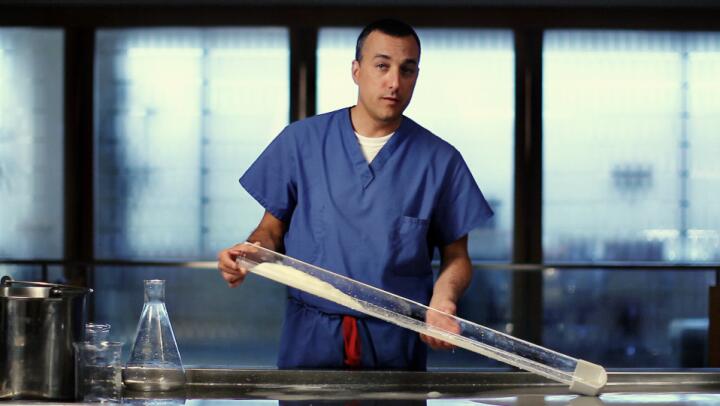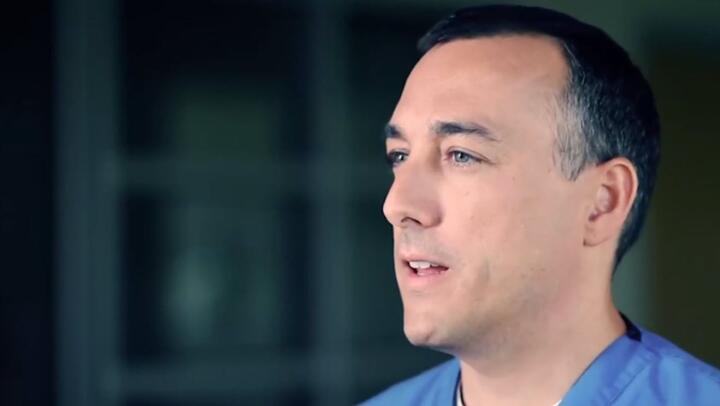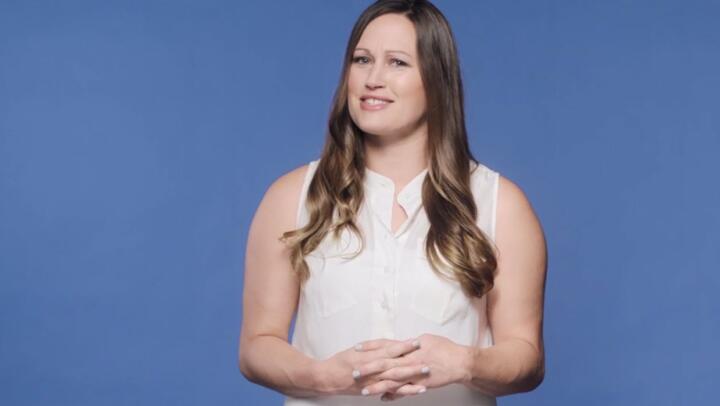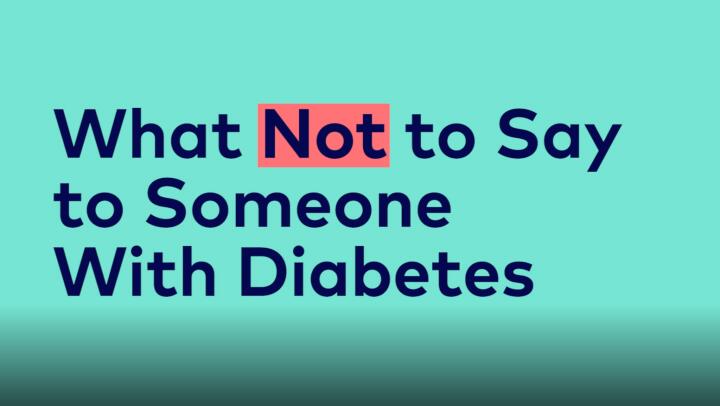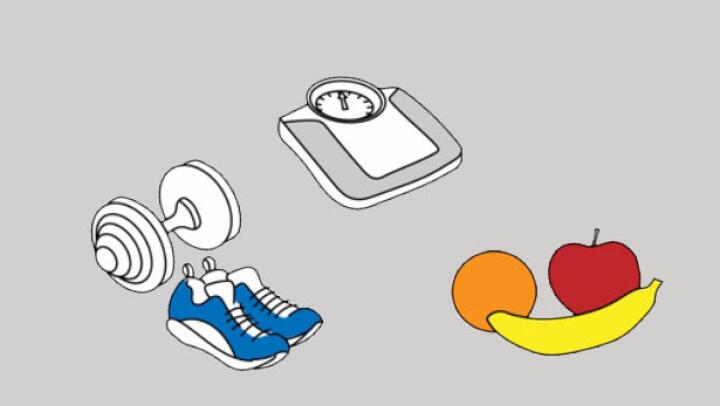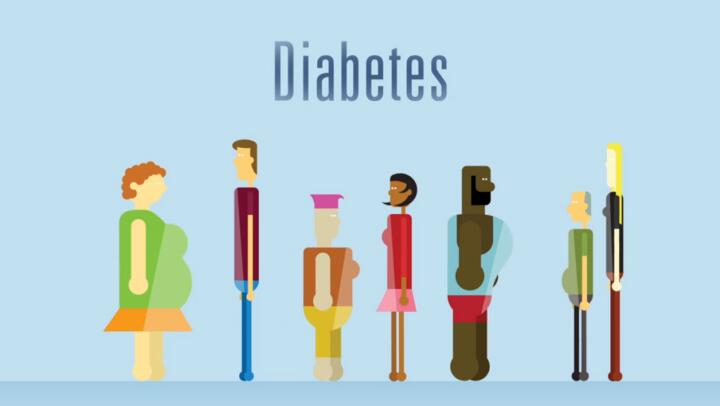
If you have type 2 diabetes, you probably began your treatment with lifestyle changes and oral medications. For many, these treatments are enough to control blood sugar, also called blood glucose, for several years.
However, for other people, these options aren’t always enough. Your blood sugar may still be elevated, even though you’ve made healthy changes to your diet and exercise routine and are taking your medication as prescribed.
For some people with diabetes, oral medications alone aren’t enough to control blood sugar levels long term. You might wonder why your medication isn’t working anymore and what your next options for treatment are. While there are several treatment possibilities available beyond oral medications for diabetes, it’s important to talk with your doctor about your unique medical history and circumstances. Your doctor can help put a treatment plan together that will fit you best.
For many people living with type 2 diabetes, the exact cause of their oral medications failing to control their blood sugar is unknown. However, one theory involves certain cells located in your pancreas, called beta cells. These specialized cells work by releasing the hormone insulin in response to rising blood glucose levels. If you have diabetes, your beta cells may not function as well as more time passes. This is typical in people living with diabetes.
Many diabetes medications work by increasing the amount of insulin beta cells release into the bloodstream. However, it’s thought that, over time, your body’s beta cells aren’t as sensitive to medications that cause more insulin to be made and released into your body. This, together with other factors that may occur – like your body not responding as well to the insulin that is released - could help to explain why oral medications stop working.
For a small number of people with diabetes, oral medications cannot help to lower blood sugar to normal levels. Usually, people who don’t find success using oral medications are those that have had diabetes for more than 10 years, or who are already taking a certain amount of insulin every day. For these people, options beyond oral medications must be explored.
When oral medications stop working to control your type 2 diabetes, you’ll need to work with your doctor to determine your treatment options. For many, the next step in diabetes management is treatment with insulin. There are currently over 20 different kinds of insulin available, and each must be injected. Depending on your unique needs, you may need to inject one dose or multiple doses of insulin throughout the day. Many studies show that people who use insulin are able to achieve good blood sugar control that can be maintained for several years.
Beyond insulin, other types of injectable medications could help to control your blood glucose level. One class of these drugs, a man-made form of the naturally occurring hormone amylin, may help to control your blood sugar by working together with insulin. Another class of drugs, called incretin mimetics, helps to increase insulin released into your bloodstream only when your blood sugar level is high.
For people with diabetes who are also struggling with obesity, bariatric, or weight-loss, surgery has been shown to help lower blood sugar levels by reducing body weight. Many people who have this type of surgery find their blood sugar returns to normal as a result of their weight loss, especially if the surgery involves bypassing a portion of the small intestine. If you have diabetes and a body mass index (BMI) over 35, this type of surgery may help normalize your blood sugar.
While we’re still working to understand the exact reason oral diabetes medications fail, we’re also exploring other options to help people with type 2 diabetes live longer, healthier lives. Even though your medication may not work as well as it used to, it’s important to stay positive while discussing options with your doctor. Many people struggle with diabetes, but, with their doctor’s help, they are able to live fully while finding treatment options that work best for them.














